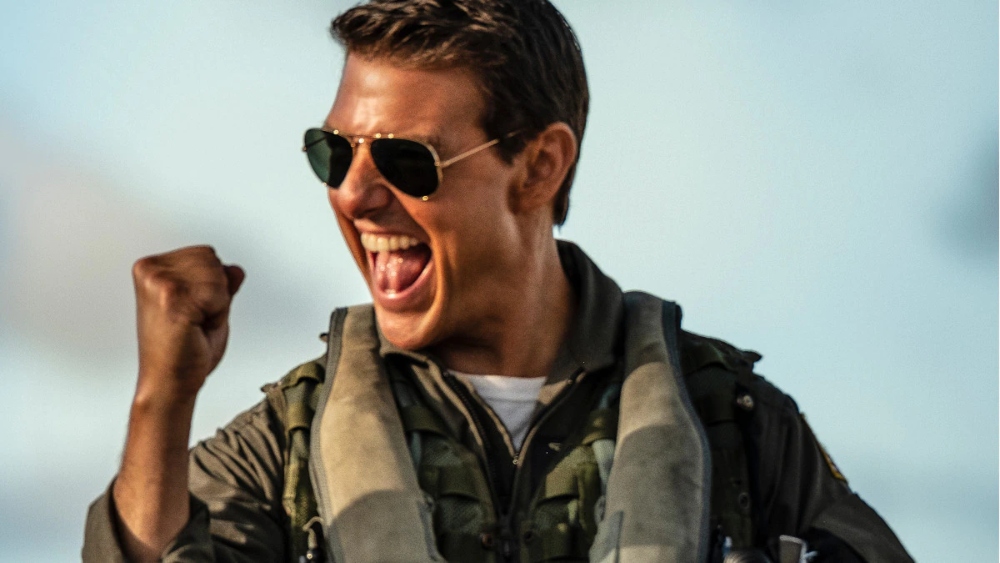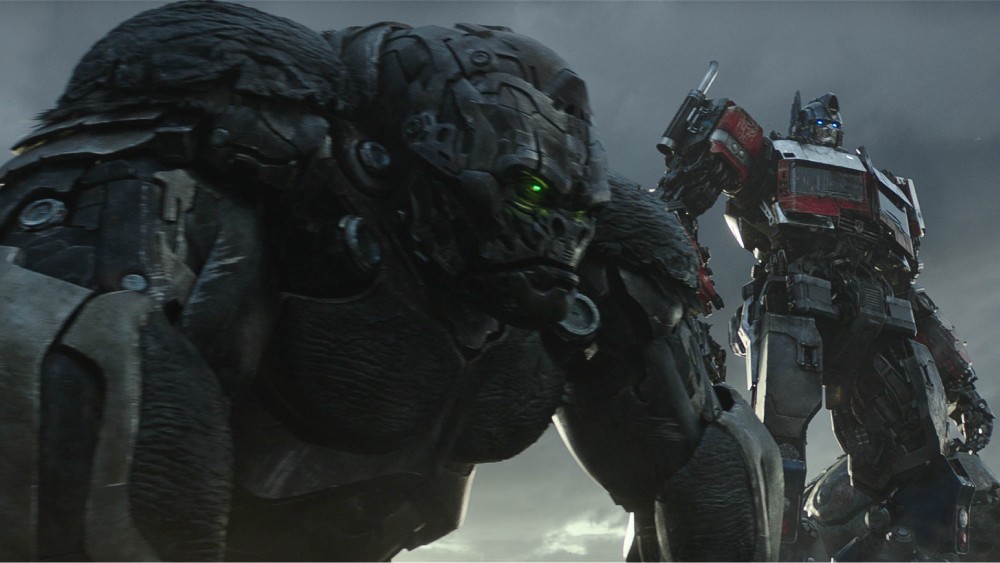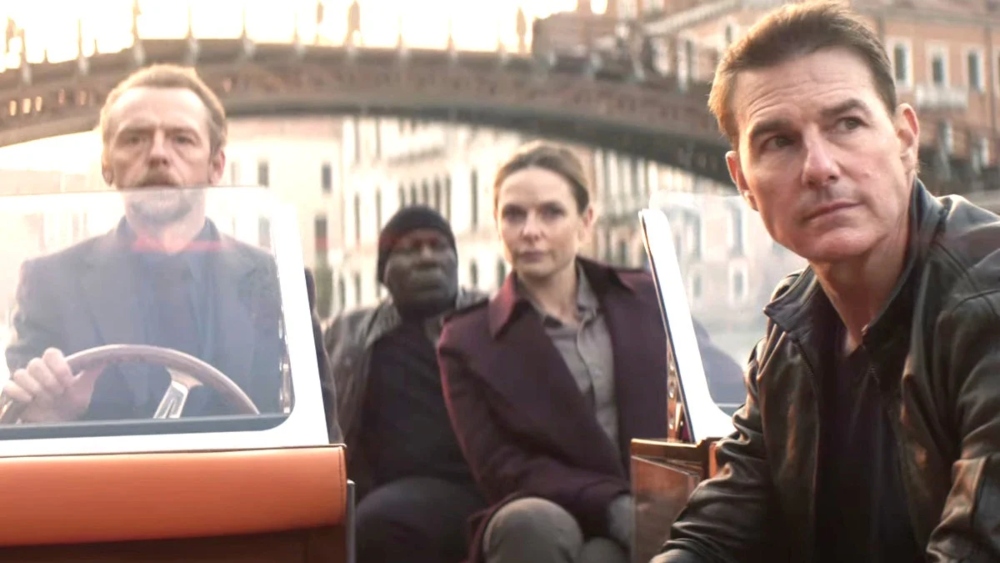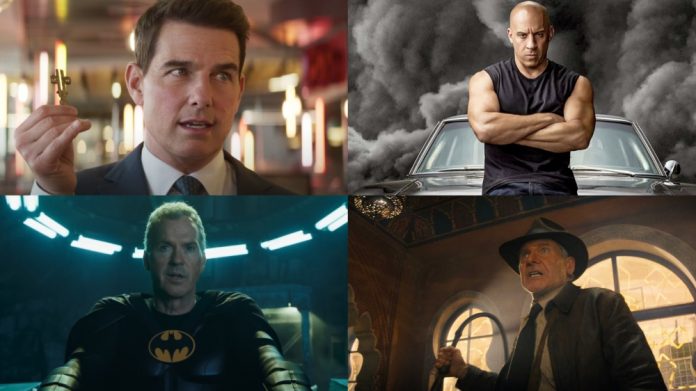I was disheartened to see that Indiana Jones and the Dial of Destiny had a lousy opening weekend and is shaping up to be a box office disappointment. Not just because I personally loved it, but also because I wanted Indy to go out triumphant with a real victory. Harrison Ford may be 80 years old, but he’s still one of the biggest movie stars ever and the chance to see him one last time in his signature role was something I thought more people would turn out for.
It’s sort of the same thing with Michael Keaton returning as Batman in The Flash, which is going to end up being one of the biggest box office bombs in history, apparently. I understand that the reviews were mixed at best, as they were for Indiana Jones, but I don’t think any of us expected people to stay away in droves.
But maybe we should have.
A few weeks ago, I talked in this space about Superhero Fatigue, and that perhaps people had reached their limit on the costumed folk. Some of you dismissed this, pointing out that the two biggest hits of the summer so far are Spider-Man: Across the Spider-Verse and the third Guardians of the Galaxy flick, but the fact of the matter is that the former is an animated film, and thus in a different category, while the latter did not perform as well as the previous entry in the Marvel series despite adding fan-favorite character Adam Warlock.
People seem to be forgetting that part, but it’s sort of important. Guardians Vol. 3 was supposed to be a billion-dollar movie, but it fell short of $850 million worldwide. And even Across the Spider-Verse hasn’t cleared $650 million worldwide since it opened more than a month ago. Last year, Top Gun: Maverick did $1.495 billion worldwide. The top two movies this summer? That would be $1.484 billion. When your two biggest hits combined don’t even match the total of the previous summer’s biggest hit, that’s a problem.

When I discussed the notion that people were tired of superhero movies, I didn’t necessarily take into account the fact that they might also be tired of legacy projects on the whole. It’s not that people don’t want to come to the movies anymore — the box office is only off last year’s pace by two percent — it’s that they aren’t terribly excited by what’s being offered. What they’re clearly saying is that this stuff — with the exception of Maverick, apparently — is getting tired, if it hasn’t gotten there already. So as much as people might love Raiders of the Lost Ark and Indiana Jones and the Last Crusade, they likely felt burned by Kingdom of the Crystal Skull and are no longer enthused about seeing an octogenarian play a whip-cracking action hero.
It makes me wonder why Lucasfilm is planning to go ahead with another Star Wars movie featuring Daisy Ridley‘s Rey. If the numbers show us anything, it’s that we don’t necessarily need to connect to something in the past to forge an emotional connection to what we’re seeing. Raiders didn’t get generations of viewers to adore it because it was a continuation of the movie serials that George Lucas loved as a kid, it was because it was a terrific movie in its own right that still holds up after more than four decades. It most certainly was not the latest installment off an assembly line within a studio system seemingly more and more bankrupt of original ideas and dependent on actors, if not their characters, that people have grown tired of watching.
And the thing is, much as I loved The Flash, it was still pretty much that — another version of the same story, this time involving a multiverse that more or less removes any and all stakes from the proceedings. With all these different versions of the same characters, no one ever really dies and so our emotional involvement suffers. Tony Stark’s heroic sacrifice and Steve Rogers’ graceful, off-camera aging into an old man both feel like quaint anomalies now from a time of yore when a story had an actual ending, and a hero had an expiration date. And yes, I say that knowing full well that both could return in the future.

But audiences don’t need previous references or experiences to connect with a character or story onscreen, they just need to be engaged. A great movie is going to get attention because of its greatness unless there is a cynicism attached to it because of a perception that it’s a cash grab trying to milk one last opening weekend out of a franchise that has run creatively dry.
Why else do you think other such Big Event movies like Fast X, the new Transformers monstrosity, and Pixar’s latest middling effort Elemental all have done such disappointing business this summer? It’s certainly not because people don’t want to go to the movies, because they are still going. They’re just being more discerning. That’s because they’re tired of being beaten over the head with the same old same old.
The one exception to all this is the same one we had last summer: Tom Cruise.
People didn’t go see Top Gun: Maverick out of a sense of nostalgia. They went because it was a fabulous, well-made, thrilling affair that completely blew its predecessor away. Every facet of the movie was a triumph, and it was rewarded with enormous box office and an Academy Award nomination for Best Picture (which I continue to maintain it should have won, but that’s another discussion).
There were also crowds because Cruise, the biggest and greatest movie star who ever lived, understands the assignment every time. He knows that people want more, and he gives it to them. It happened last year with the real aerial stunts seen in Maverick, and it’s why Mission: Impossible – Dead Reckoning, Part One bucked the trend of franchise fatigue and had a big opening weekend, and perhaps will even become the biggest movie of the whole summer.

What’s different about the Mission: Impossible movies, aside from the fact that each installment seems to be better than the last, is that every film feels like it’s entirely new. Even though there is carry-over from one film to the next — in the form of returning actors such as Ving Rhames, Simon Pegg, and Rebecca Ferguson and the general IMF mythos — the movies are fresh and exciting in a way that most franchises cannot recreate over and over again. It helps that Cruise repeatedly defies death with increasingly complex and outlandish stunts, and does everything he possibly can to sell the hell out of his movies.
Now, until some kind of AI rubicon is crossed, Cruise can’t star in every movie, nor can the brilliant Christopher McQuarrie write and direct every movie, which may explain why so many others continue to fall back on the same tropes and clichés that used to keep people engaged but have now worn out their welcome. And so the question becomes whether or not the studios are going to wise up to this and start exploring new concepts, ideas, and stories that will reengage viewers who continue to demonstrate that they’re increasingly over it.
Nostalgia is a nice place to visit, but Hollywood has lived there for far too long. The next two summers are slated to bring… drumroll please… an animated Lord of the Rings movie, a live-action Moana movie, a new Fantastic Four movie, a new Garfield movie, a new Alien movie, a new Planet of the Apes movie, a new Twister movie, a new Captain America movie, a Despicable Me sequel, and a Mad Max: Fury Road spinoff. You can either look at that list and say, “Hollywood is doomed,” or be encouraged by the word “new” in front of many of those movies.
Despite Hollywood’s current strategy, I firmly believe that audiences want to look forward and establish emotional connections with new characters and stories. The question is, how much more money are the studios going to insist on losing before they empower a new generation of filmmakers to give those stories to us?
 Neil Turitz is a journalist, essayist, author, and filmmaker who has worked in and written about Hollywood for more than 25 years, though he has never lived there. These days, he splits his time between New York City and the Berkshires. He’s not on Twitter, but you can find him on Instagram @6wordreviews.
Neil Turitz is a journalist, essayist, author, and filmmaker who has worked in and written about Hollywood for more than 25 years, though he has never lived there. These days, he splits his time between New York City and the Berkshires. He’s not on Twitter, but you can find him on Instagram @6wordreviews.
You can read a new installation of The Accidental Turitz every Wednesday, and all previous columns can be found here.



